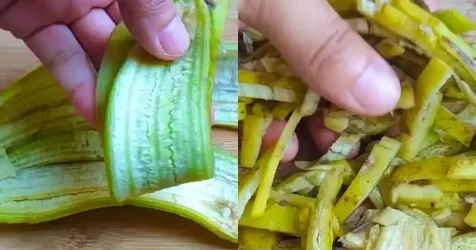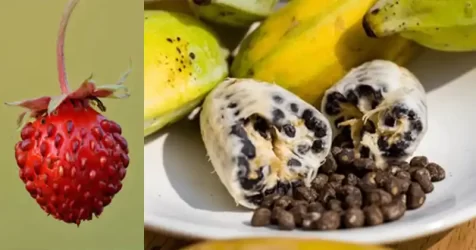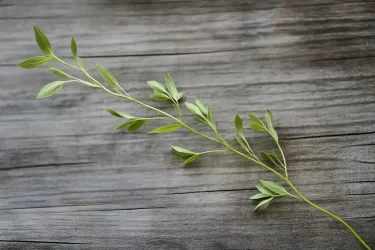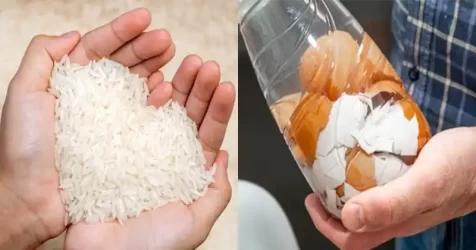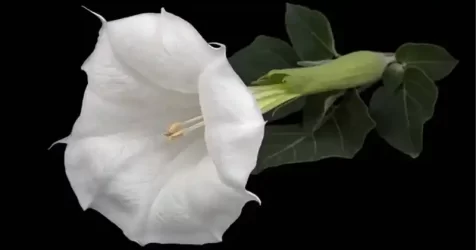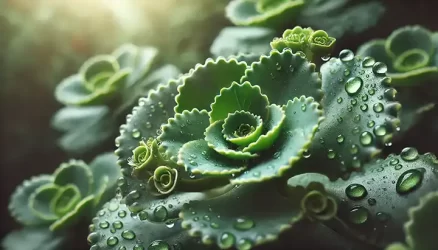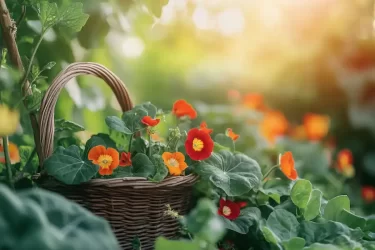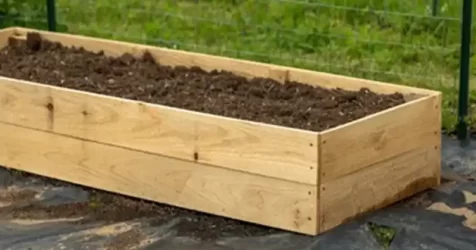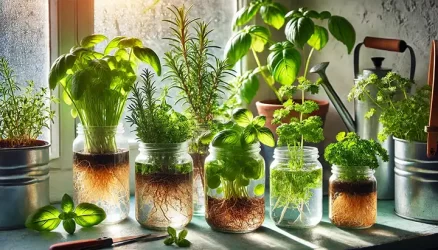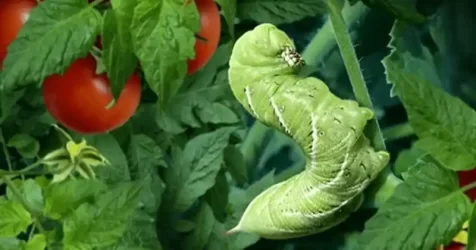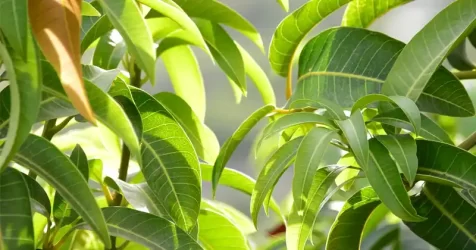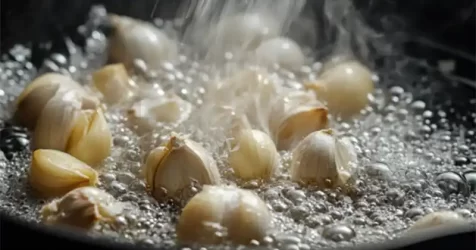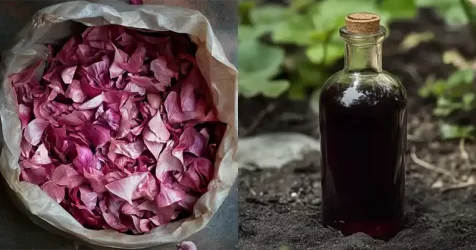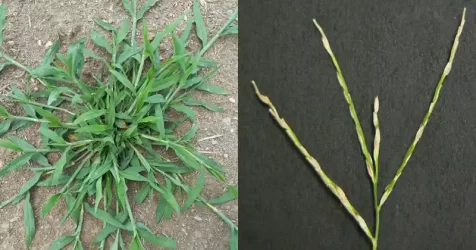7 Innovative Ways to Use Vinegar in Your Garden
Vinegar, a staple in kitchens worldwide, is not just for cooking. Its versatility extends into the garden, where it can be used as an eco-friendly alternative to harsh chemicals. From pest control to weed management, vinegar can play a pivotal role in maintaining a healthy garden. Here’s how you can harness the power of vinegar in seven different ways, ensuring your garden thrives naturally.
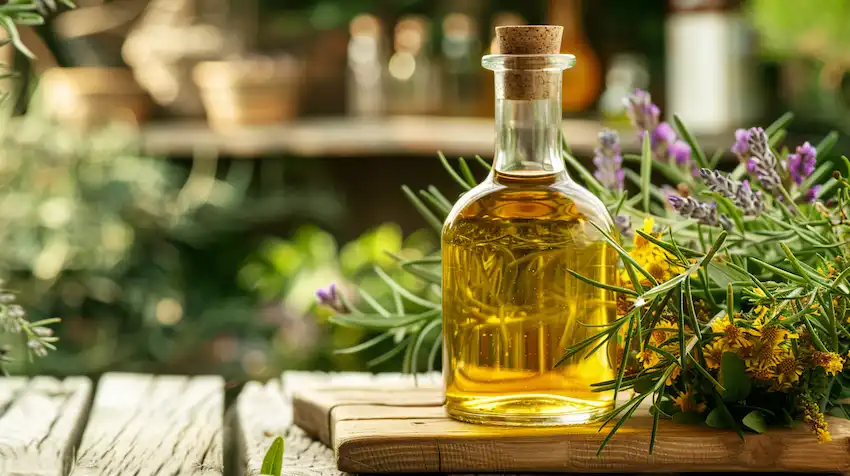
1. Natural Weed Killer
Vinegar is an effective herbicide due to its acetic acid content. For garden paths, driveways, or other non-plant areas, vinegar can keep weeds at bay.
How to use:
- Mix one gallon of white vinegar with a cup of salt and a tablespoon of liquid dish soap.
- Spray directly on weeds on a sunny day. The dish soap helps the mixture stick to the leaves, enhancing vinegar’s weed-killing power.
2. Fungicide for Plants
Vinegar can help control fungal diseases that often afflict garden plants.
Application:
- Mix three tablespoons of apple cider vinegar with a gallon of water.
- Spray this solution onto affected plants to combat fungi such as powdery mildew or black spot.
3. Soil pH Modifier
Some plants thrive in more acidic soils. Vinegar can lower the pH of soil, making it more acidic.
Method:
- Add a cup of vinegar to a gallon of water and water your acid-loving plants like azaleas, rhododendrons, and gardenias to help them thrive.
4. Ant Repellent
Vinegar is a natural deterrent for ants, which can be a nuisance in gardens.
Usage:
- Spray a mixture of equal parts water and vinegar around the base of plants, or directly on ant trails and hills to keep ants away.
5. Clean Garden Tools
Keeping your garden tools clean is crucial to prevent the spread of disease. Vinegar is a great solution for this purpose.
Cleaning Steps:
- Soak tools in undiluted white vinegar for a few minutes.
- Rinse with water, and dry to prevent rust.
6. Enhance Plant Growth
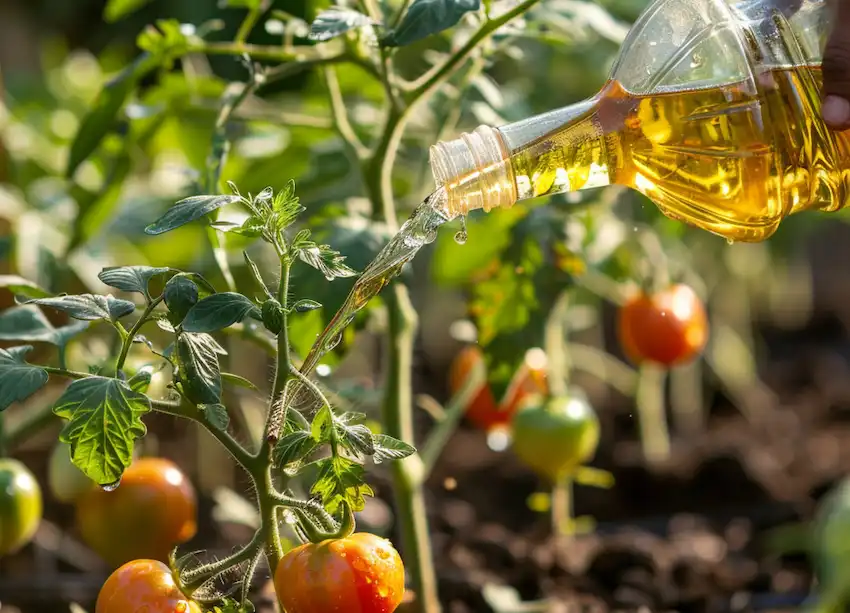
Some gardeners use vinegar to give their plants a boost, particularly for water-stressed plants.
How to Apply:
- Mix two tablespoons of apple cider vinegar with a gallon of water.
- Use it to water your plants occasionally to provide a mild stimulant.
7. Pet and Wildlife Deterrent
To keep pets and wildlife from disturbing your garden, vinegar can act as a safe repellent.
Method:
- Soak a few rags in vinegar and place them strategically around the garden.
- Re-soak them every week to maintain the effectiveness.
Vinegar is an inexpensive and versatile tool for gardeners looking to adopt more sustainable practices. Whether you’re tackling pests, diseases, or general garden maintenance, vinegar offers a plethora of uses that are both environmentally friendly and effective. As with any treatment, it’s important to test on a small area first and check the reaction of your plants to ensure they respond well to the vinegar solutions. With these tips, you can start incorporating vinegar into your gardening routine and reap the benefits of a healthier, more vibrant garden.
